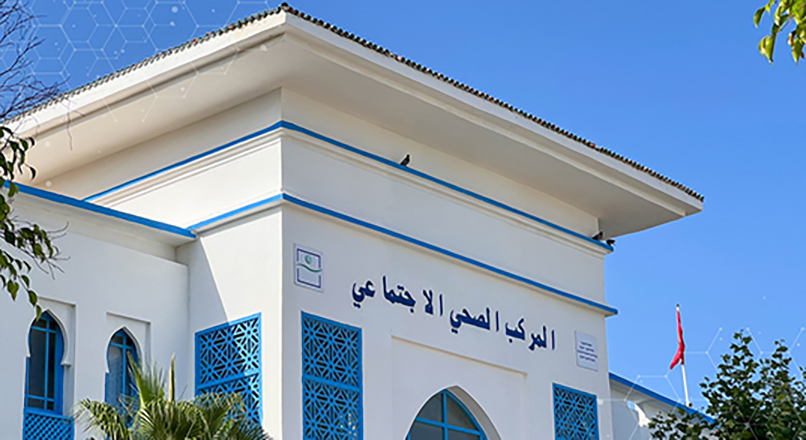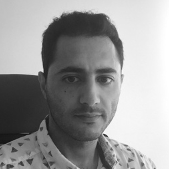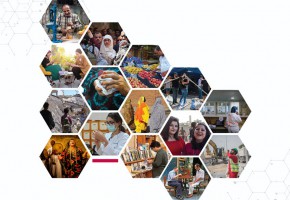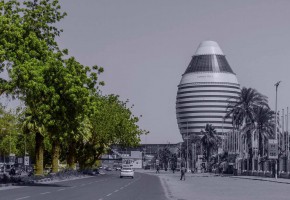
Right to health in Morocco: Key issues and challenges - Saad Zbiri, PhD
Saad Zbiri

This research is a part of the Arab Watch Report 2023 on the right to Health.
Right to health in Morocco: Key issues and challenges - Saad Zbiri, PhD
Please click here to download the full report.
Historical background of Morocco and key sociopolitical factors relevant to the right to health
Morocco, a low-middle-income country, has experienced significant democratic, economic, and social changes in recent years.
Country overview
The Kingdom of Morocco is located in North Africa, in the Maghreb region, on the Atlantic Ocean and the Mediterranean Sea. The neighboring countries are Algeria and Mauritania.
Morocco is a constitutional, democratic, parliamentary, and social monarchy led by King Mohammed VI since July 1999. It is considered one of the world’s oldest monarchies, in which the King, with executive powers, is the Head of State, the Supreme Chief of the Armed Forces, and the Commander of the Faithful. The King appoints the Head of Government, the equivalent of the Prime Minister, who is responsible for i) advising on the formation of the government, ii) chairing the Government Council, and iii) enacting legislation.
The 1997 reform decentralized the Moroccan administration (Official Bulletin of Morocco, 1997). The country now has 12 regions (comprised of a total of 75 provinces), each headed by a Wali (or governor) and a Regional Council composed of the vital forces of the region. These regional councils elect assemblies responsible for the democratic management of their affairs under the conditions laid down by law.
This decentralization aimed to respond to the country’s socioeconomic needs on the one hand and, on the other, to ensure that the region’s territorial framework was better adapted and more coherent to its new status as a local authority. The need to revise the division is also explained by the persistence of inter-regional imbalances linked, in large part, beyond natural factors, to spatial differentiations inherited from the colonial period. It reflects the evolution towards regionalization as indicated in the constitutive texts, but also given the improvement of the region’s status and the adoption of the law relating to its organization. The regions created thus constitute a significant improvement on the former economic regions, which merely reproduced the French experience of the 1930s.
Saad Zbiri, PhD
Please click here to download the full report.
This research is a part of the Arab Watch Report 2023 on the right to Health.
Recent publications

ANND Newsletter January 2026 - From Davos to the UPR: Between Promises, and Accountability
Related publications


